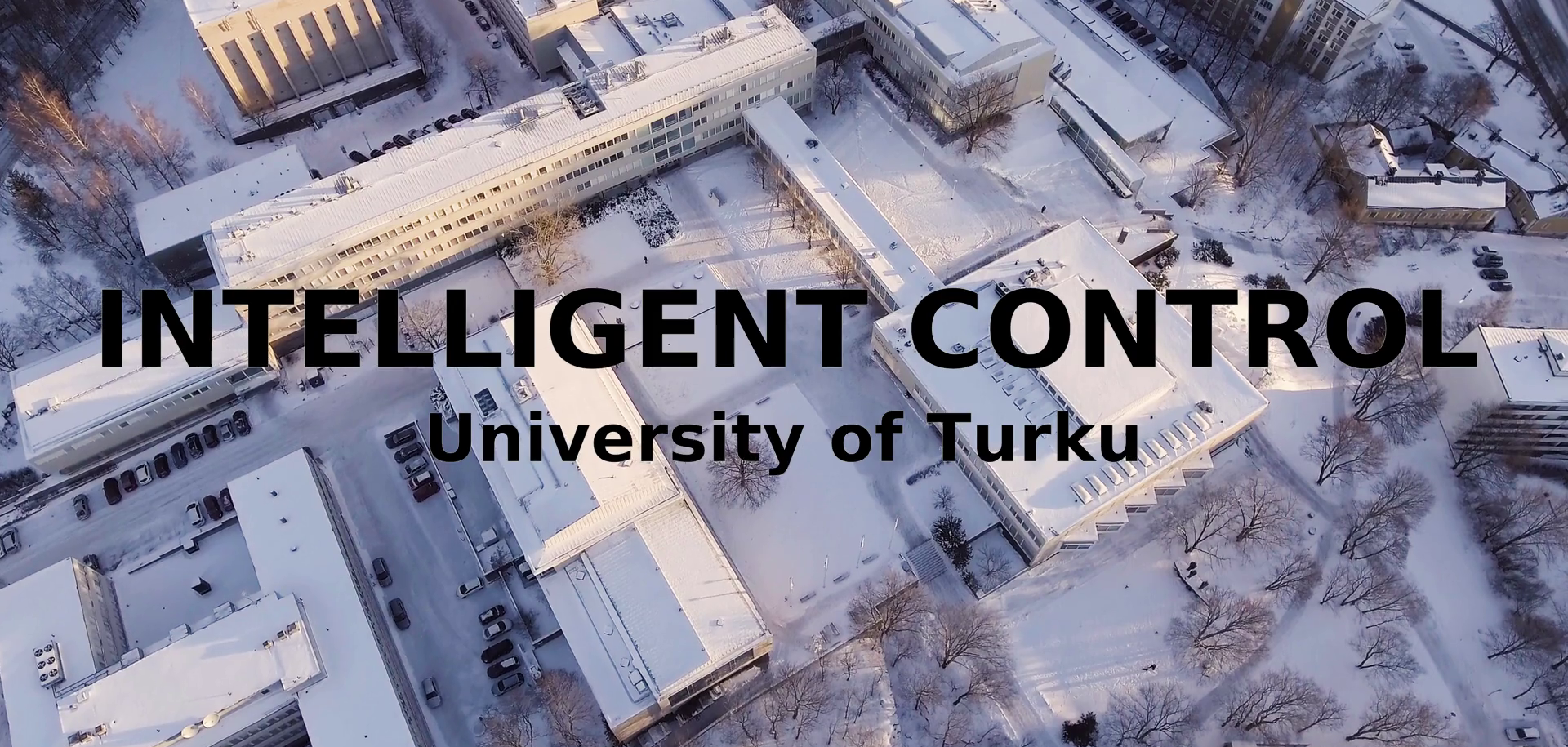Over the last few years, we have witnessed the emergence of many smart devices. Automated vacuum cleaners, smart fridges and self-driving cars, just to name a few, are examples of how intelligent mechatronic systems are becoming an intrinsic part of our daily lives. Roughly speaking, this kind of device must collect data by means of sensors in order to act and/or make decisions in an environment of uncertainty and imperfect information. In this sense, a smart system needs a control scheme that is able to learn and to improve itself by interacting with the environment. In this lecture, I will address the design of intelligent controllers for smart systems and show that they can actually not only provide better performance, but also be more sustainable.
After the course, the student will be able to create intelligent controllers, apply the basic principles of the analysis and design of non-linear control schemes for smart systems, program and simulate the designed control laws and analyse how machine learning algorithms can be used to estimate modeling uncertainties. Student will also be able to design their own smart system’s control scheme using the learned control approaches.

- Opettaja
Wallace Moreira Bessa